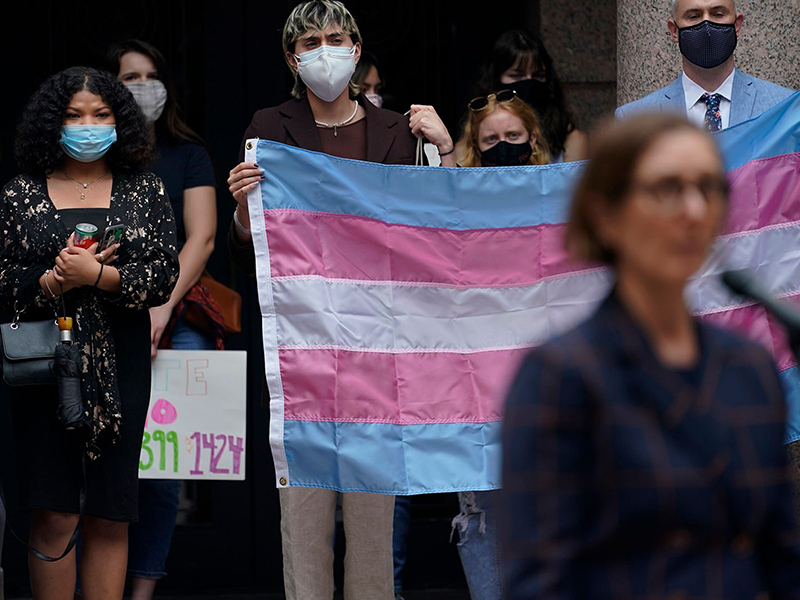WHO Advocates for Self-Identification Rights
The World Health Organization has ignited a firestorm by supporting the right to self-identify gender, a move critics claim showcases a ‘trans bias.’ As part of its inaugural guide on transgender care, the WHO aims to increase access to health services for trans individuals.

“The guideline will focus in 5 areas: provision of gender-affirming care, including hormones; health workers education and training for the provision of gender-inclusive care; provision of health care for trans and gender diverse people who suffered interpersonal violence based in their needs; health policies that support gender-inclusive care, and legal recognition of self-determined gender identity,” the WHO states, emphasizing a comprehensive approach to trans care.
SEGM Sounds the Alarm: Challenging WHO’s Approach
The Society for Evidence Based Gender Medicine (SEGM) has published a scathing response, scrutinizing the WHO’s announcement. They highlight critical issues: “biased guideline panel composition,” an “inappropriately handled public comment period,” and a “rushed guideline development process overall.”
SEGM voices concern over the guidelines’ potential reach: “Since adolescents and young adults are the largest and fastest-growing group of transgender-identified individuals, it is likely that the WHO guidelines will apply to this vulnerable group as a target population.”
Expert Critique: A Call for Evidence-Based Rigor
The Daily Mail underscores the absence of dissenting professionals on the WHO panel, a point Helen Joyce of Sex Matters fiercely addresses: “The WHO has chosen a blatantly biased global expert group to write this draft guidance on treating trans-identified people. Almost all its members are known to support medical interventions for gender distress that have no evidence of efficacy, and growing evidence of harm.”
“The WHO has chosen a blatantly biased global expert group to write this draft guidance on treating trans-identified people. Almost all its members are known to support medical interventions for gender distress that have no evidence of efficacy, and growing evidence of harm.” Joyce stated.
Joyce demands a revision of the draft with a balanced panel: “The WHO should abandon its current draft and start over with a panel of genuine experts. The scientific evidence on risks and outcomes should be assessed rigorously and impartially, not through the lens of trans dogma, as it would be with any other public health issue.”

Public Pushback: Petition for WHO to Rethink Strategy
A growing petition underscores the public’s unrest, currently boasting 1,800 signatories urging the WHO to reconsider. The petition states, “The majority of the panel members have expressed strong views in favour of hormonal and surgical interventions for transition, dismissed known and potential risks associated with these interventions, and denigrated psychotherapeutic approaches as ‘conversion therapy.'”



